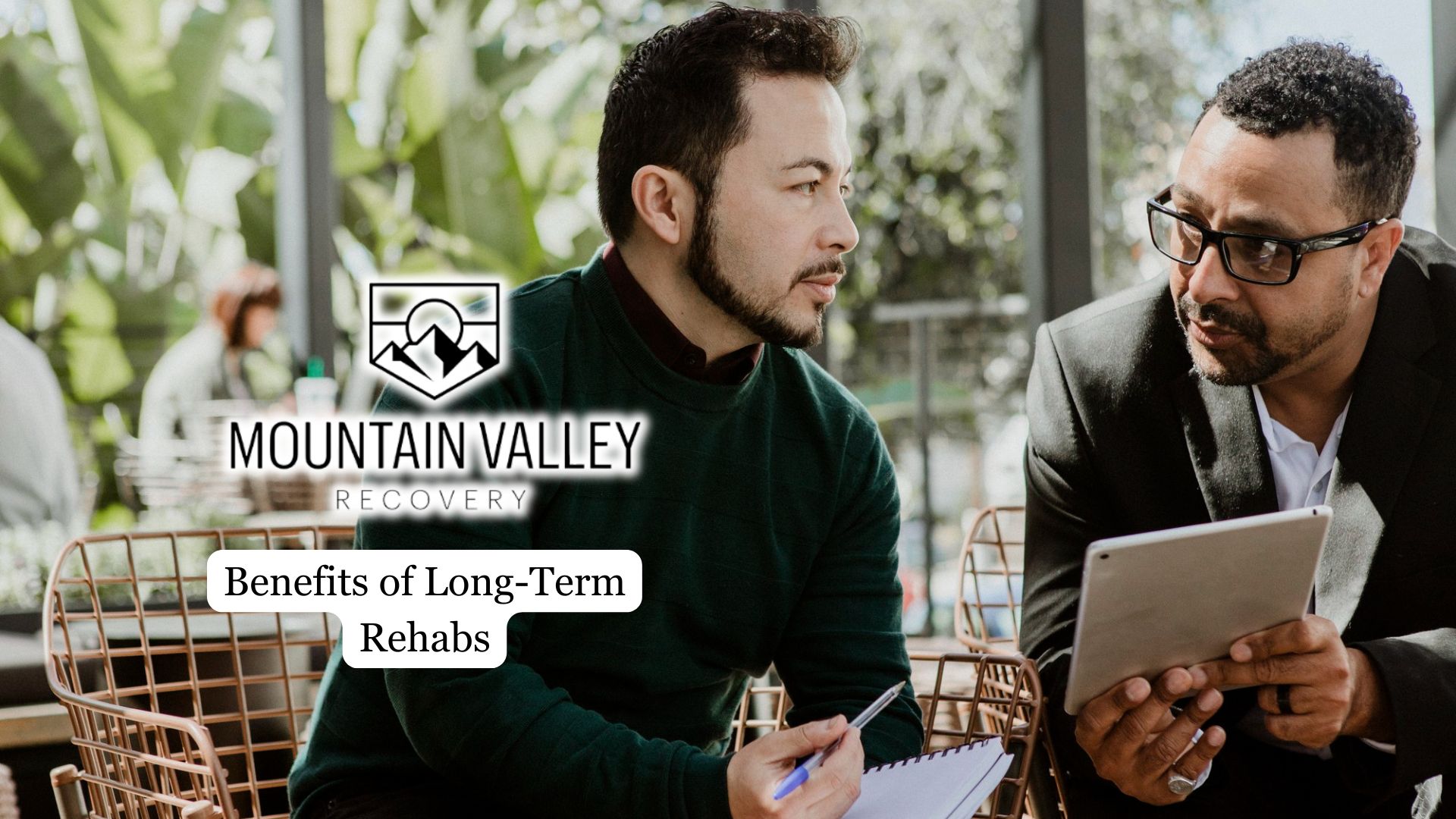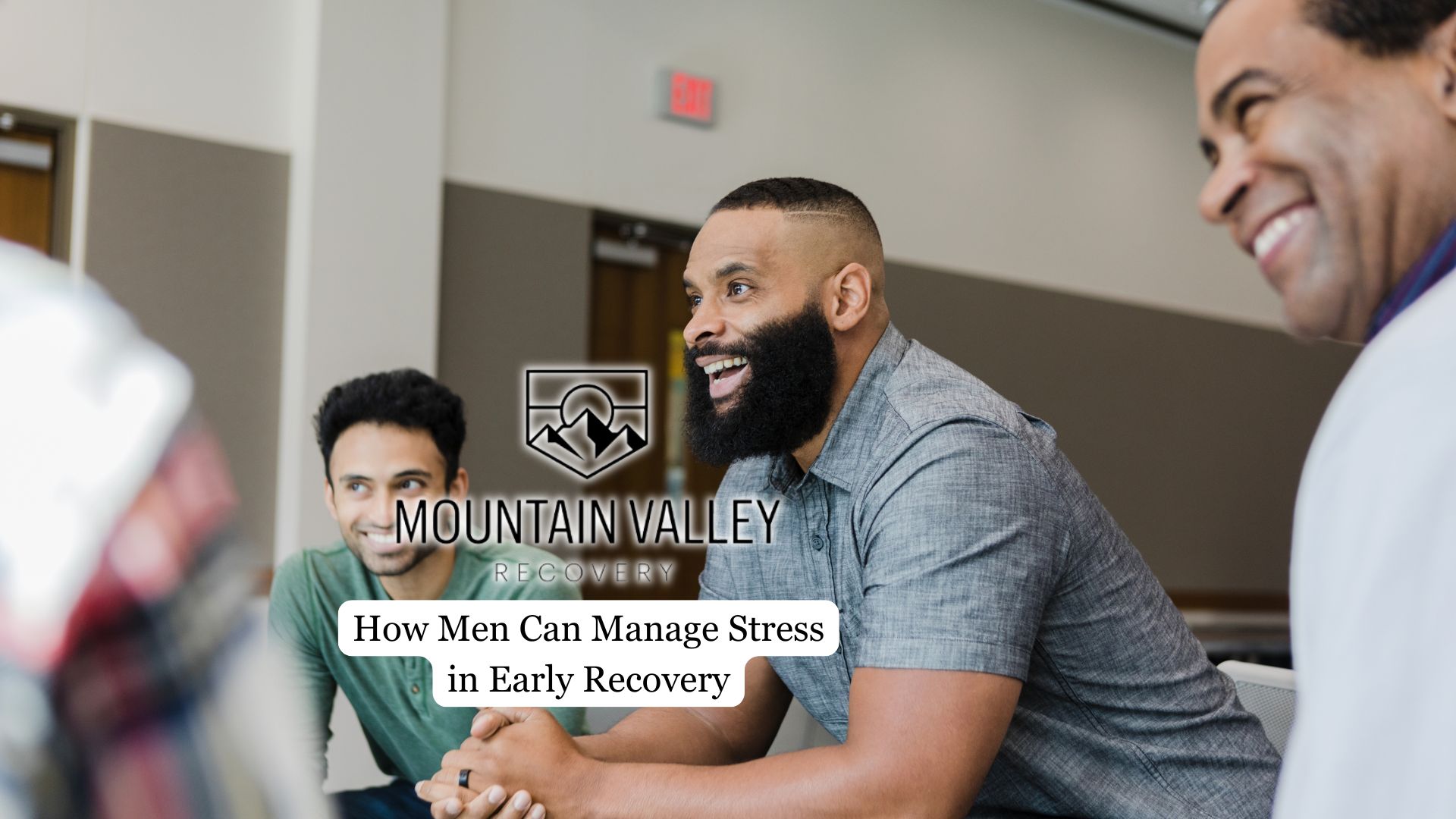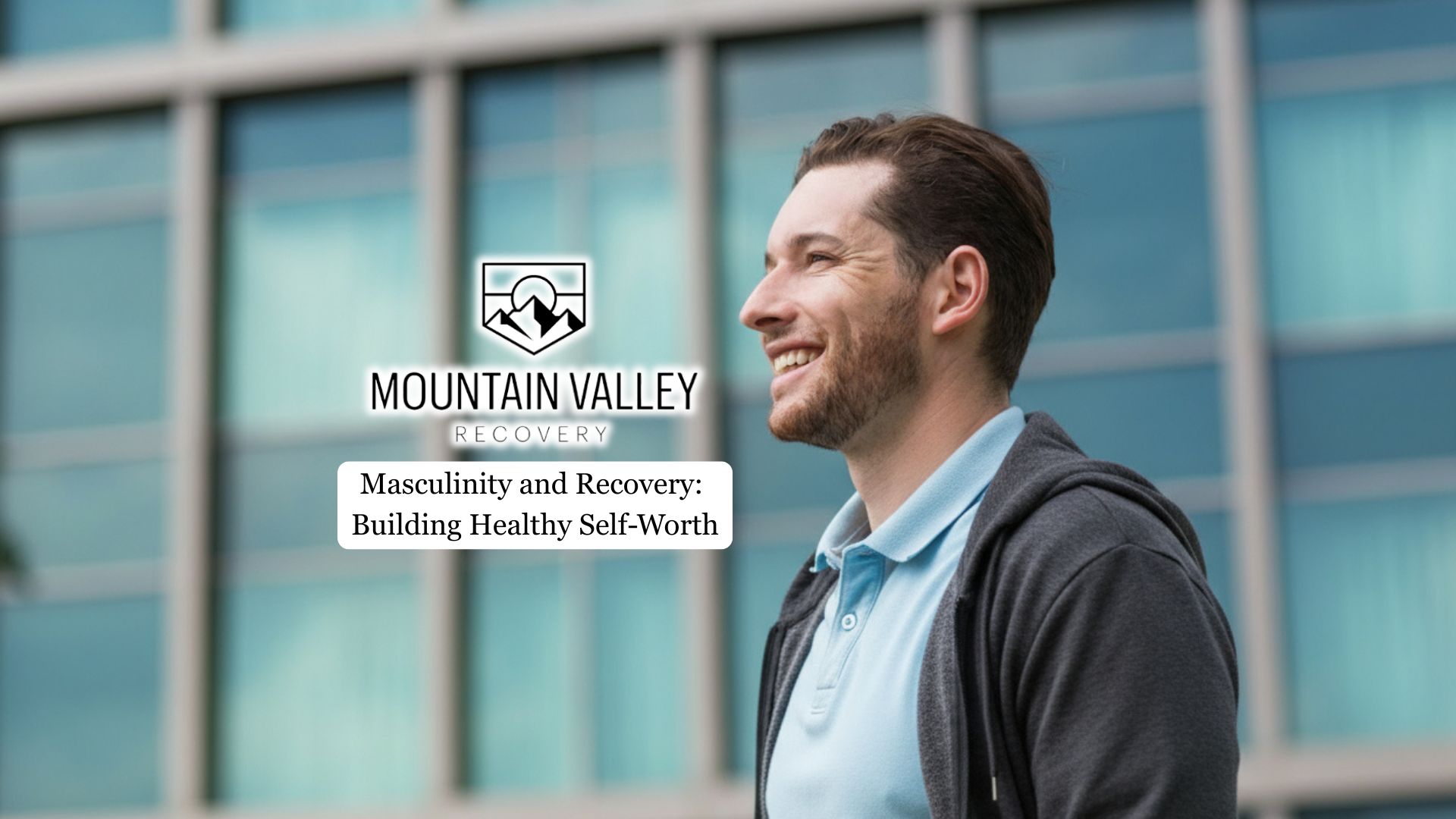Long-term rehabilitation facilities provide a comprehensive and sustained approach to overcoming substance abuse disorders, which can be more beneficial than short-term programs. These extended programs usually last 90 days or more and give individuals the time and resources they need to address the underlying causes of their addiction. This allows them to build a solid foundation for lasting recovery.
In this article, we will review the many benefits of long-term rehabilitation programs.
Comprehensive Therapeutic Approach
Long-term rehab programs offer a comprehensive therapeutic approach that addresses the complex nature of addiction and its underlying causes.
You’ll have access to a variety of evidence-based therapies, such as cognitive-behavioral therapy (CBT) and dialectical behavior therapy (DBT), which not only target addiction but also co-occurring mental health disorders. This comprehensive therapeutic approach ensures that you receive the necessary support to develop effective coping strategies and life skills crucial for long-term recovery.
The extended duration of these programs, typically ranging from 90 days to 2 years, allows you ample time to explore and process the psychological and emotional issues that contribute to substance use.
Through daily therapy sessions, group support meetings, and family involvement, you’ll engage in a holistic approach to addiction recovery and personal growth. This immersive environment fosters a strong sense of community among peers, reducing feelings of isolation and encouraging shared experiences that strengthen your recovery journey.
For men struggling with addiction, the journey to sobriety often requires more than just a quick fix – it demands time, dedication, and comprehensive support all of which can be found in our Long-term Residential Program for Men at Mountain Valley Recovery.
Stable and Structured Environment
When you’re in a long-term rehab, you’ll find that the stable environment minimizes exposure to triggers and temptations, allowing you to focus entirely on your addiction treatment and recovery journey.
The structured daily schedule helps reduce downtime, which can lead to cravings and relapse, fostering a sense of routine and normalcy that’s essential for your progress.
In a long-term rehab, you’ll benefit from 24/7 support from trained staff, ensuring immediate assistance and guidance during challenging moments in your recovery process. The structured setting encourages engagement in therapeutic activities and skill-building sessions that reinforce coping strategies crucial for long-term sobriety.
Addressing Underlying Issues
You’ll have the time and support needed to explore the root causes of your substance use disorder, which often involve co-occurring mental health concerns like depression and anxiety.
Specialized counselors will guide you in uncovering the psychological and emotional factors contributing to your addiction, helping you gain a deeper understanding of yourself and your struggles.
Through this process of self-discovery and mental health treatment, you’ll develop healthy coping skills to replace substance use as a way of managing distress. You’ll learn to identify triggers and high-risk situations, empowering you with effective strategies for maintaining sobriety.
Long-term rehab fosters emotional growth and self-reflection, equipping you with the tools to navigate life’s challenges without turning to substances.

Skill Development for Lasting Recovery
Skill development is a core component of these programs, empowering you to navigate life’s challenges post-recovery. You’ll receive training in areas such as stress management, communication, and assertiveness, which are crucial for coping with triggers and high-risk situations effectively.
The extended duration of treatment allows you to practice and refine your coping strategies in real-life scenarios, enhancing your ability to prevent relapse. You’ll identify personal triggers and create tailored coping mechanisms that work for you.
Engaging in holistic healing practices, such as yoga and meditation, will nurture your emotional regulation and self-esteem.
Fostering Peer Connections
You’ll participate in group therapy sessions, where you can share your experiences and challenges with others who truly understand your journey. These sessions help reduce feelings of isolation, as you realize you’re not alone in your struggles.
By opening up in a safe environment, you’ll foster deeper understanding and empathy among your peers, strengthening the bonds within your recovery community. The connections you form in rehab can lead to lasting friendships that provide ongoing support and accountability, even after you’ve completed treatment.
Engaging with others who’ve similar experiences will inspire motivation and commitment to your recovery, as you witness the progress and resilience of your peers.
Final Thoughts from Mountain Valley Recovery
If you’re thinking about treatment options for yourself or someone you care about, it’s important to understand the benefits of long-term rehab. Knowing these advantages can help you make an informed decision and potentially lay the groundwork for a more successful recovery process.
Our long-term residential program in Utah provides the structured environment, intensive therapy, and holistic approaches necessary to build a solid foundation for lasting sobriety. We believe that true healing requires time, and our extended program allows men to fully engage in their recovery journey.





